Current health issues in China could be dwarfed by the future impacts of severe and frequent heatwaves caused by climate
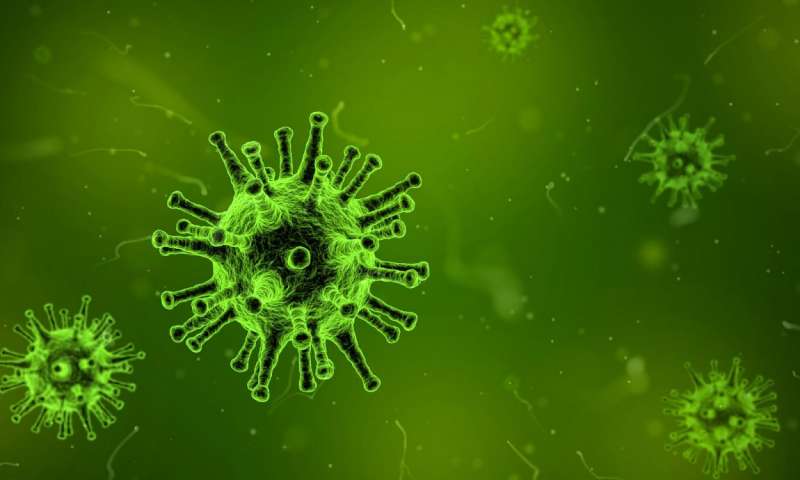
stay healthy…

Current health issues in China could be dwarfed by the future impacts of severe and frequent heatwaves caused by climate
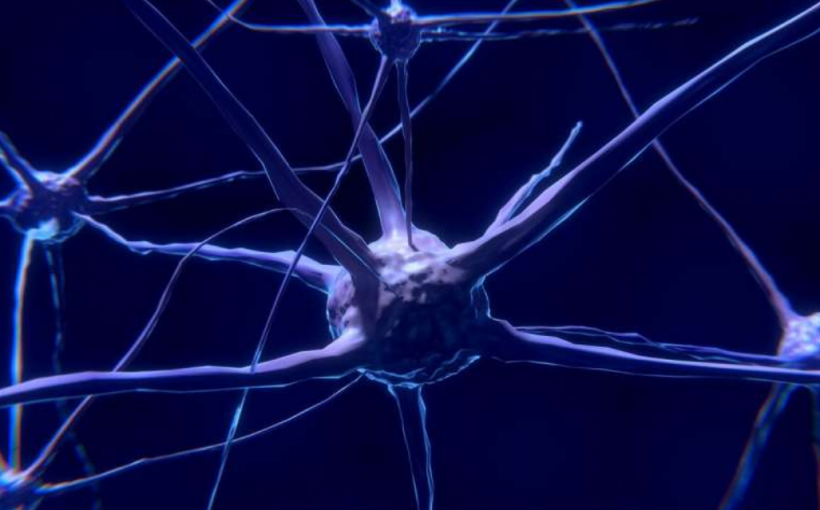
Researchers at Karolinska Institutet have mapped how different nerve cells in the brain area striatum process information to plan and
Researchers at the Johns Hopkins Kimmel Cancer Center in Baltimore, working with colleagues in the Netherlands, developed a blood test

Artificial intelligence can help cancer patients start their radiation therapy sooner—and thereby decrease the odds of the cancer spreading—by instantly

A new approach that uses artificial intelligence to analyze retinal images could one day help doctors select the best treatment
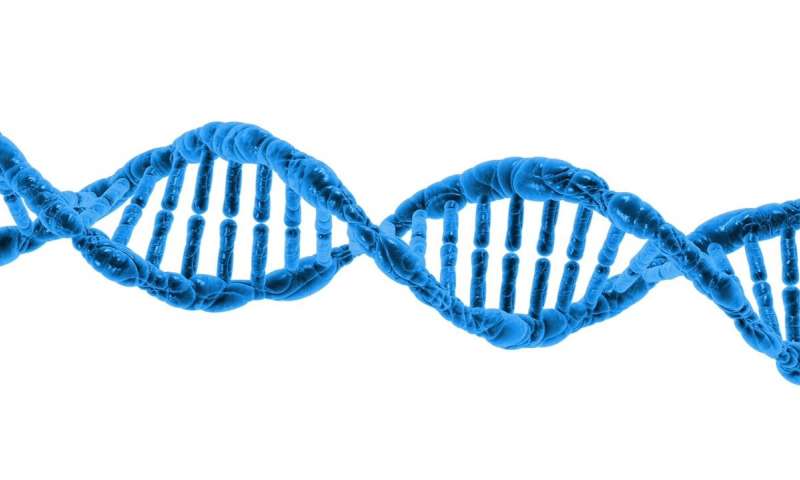
A protein naturally produced in the body has been found to suppress breast cancer metastasis in animal models of human
Chronic kidney disease and heart failure are critical medical problems worldwide, and are closely associated in a phenomenon known as
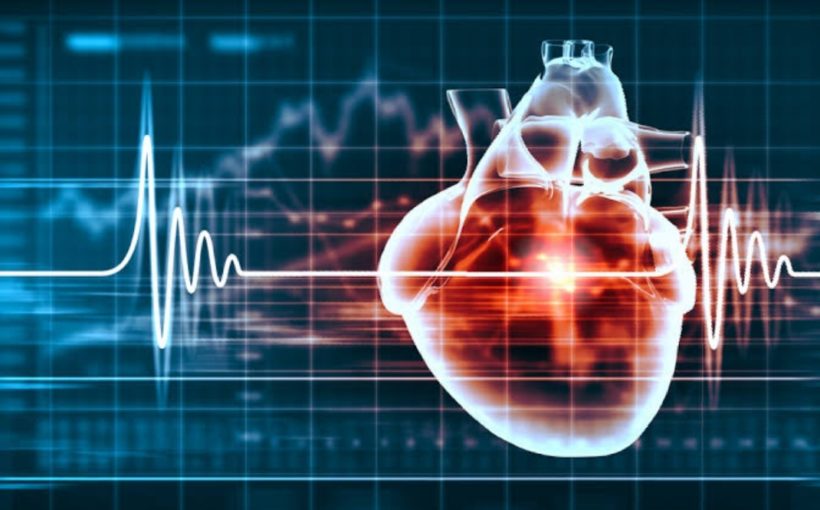
There is an increased risk of out-of-hospital cardiac arrest (OHCA) even from short-term exposure to low concentrations of fine particulate
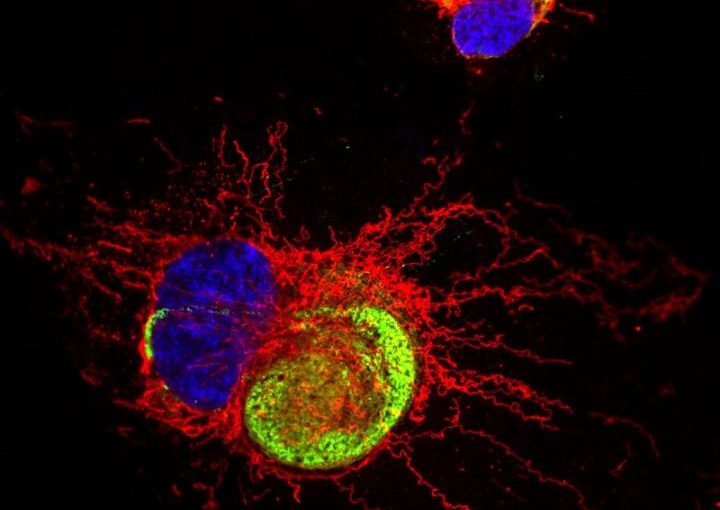
Previous studies regarding the damage of the Zika virus on the brain had already pointed out the virus’s predilection for

With Chinese authorities warning the coronavirus outbreak is accelerating, placing millions of people in more than a dozen Chinese cities under intense